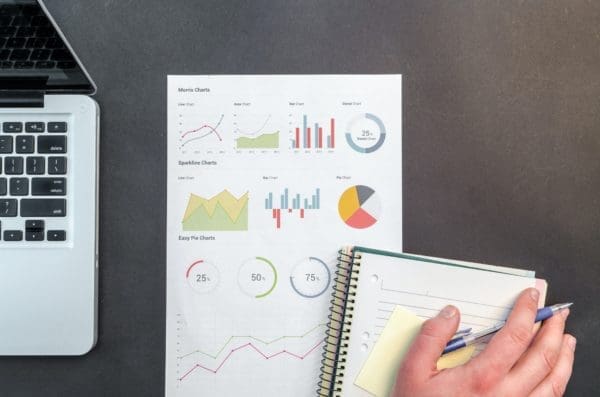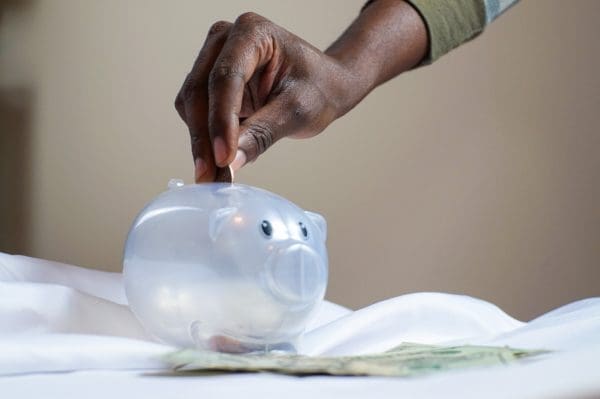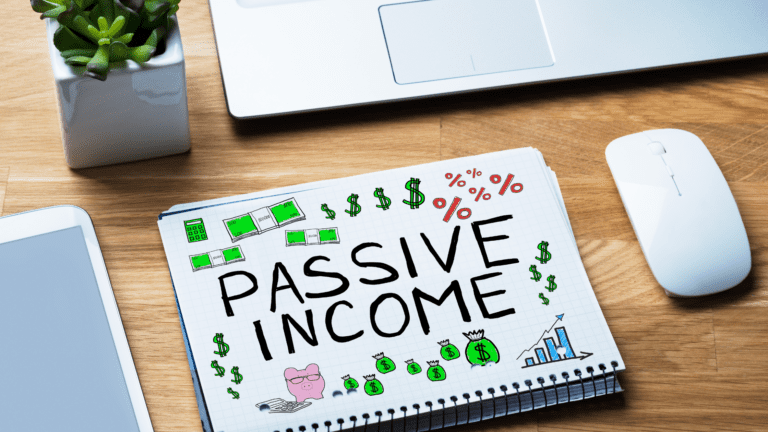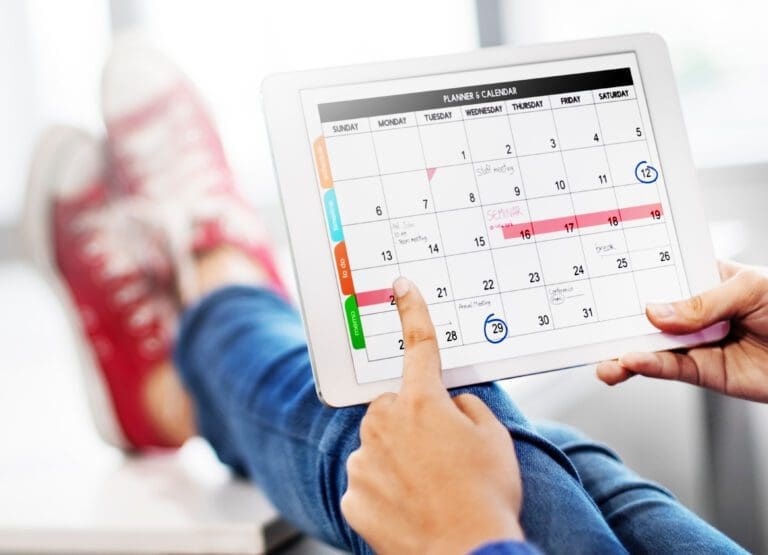Deep Clean Your Finances With These Tips!
How often do you look at all of your bank accounts and roll your eyes? How often do you avoid looking at them at all? It’s very common for people to bury their heads in the sand when it comes to their finances, but it’s not the way that you should do life. We’re in the middle of a pandemic, and if you are lucky enough to be able to to continue to work and not worry about your income, then it’s the best time to deep clean your finances. You can go through the things that you are doing and change your habits, and you can get them into good order for the future, too.
Money planning isn’t hard, but if you’re swimming in debt you need to have a plan to get out of it. There are plenty of ways you can get help, including visiting https://www.dtss.us/debt-discharge.html for more information. Debt can make your finances look far messier than they actually are but if you’re not deep cleaning your finances, how do you know how messy they really are? At least twice a year, you should be going through everything with a fine-toothed comb and fixing it up so that it makes sense. So, with that in mind, check out the tips below and start your financial deep clean today.

Image source :Pexels
Start With An Inventory
As with anything that requires organization and attention, you need a list. Lists are excellent, so start with one for all of your financial documents. You need to include your credit reports, bank statements and accounts, debt accounts, retirement, and student loan accounts – everything you pay money into or take money out of needs consideration. If these are online, make a spreadsheet and a virtual folder to hold all of these documents properly.
Having organized finances is a great way to keep on top of things and track your spending and budgeting. You can find many tools online that many people find helpful for organizing financial information. By using something like this Google sheets budget template, individuals can categorize expenses, monitor income, and visualize financial data, all within a familiar spreadsheet environment. While it is not the only option available for budgeting, it does offer the advantage of being accessible and customizable, allowing users to tailor their spreadsheets to their specific needs and preferences.
Start Decluttering
You could have accounts that are debt-free that you no longer use but are still open. You could have old 401(k) accounts still floating around out there, a debt account that is overdue – all of these things need to be considered, and you need to keep the accounts that you use or have access to. Take the time to close any accounts you no longer use, and if you are flush with money, settle any older minimal debts. Canceling credit cards may not be a good idea as it can change your debt-to-credit ratio. This then lowers your credit score. So, make sure you can lock the card and use it only in emergencies. This way, you can keep your creditworthiness while remaining debt-free.
Organize The Paperwork
Not everything is online these days, despite what you may think. Sure, your smartphone may be loaded with bank account apps and other financial apps, but that doesn’t mean that you won’t have paperwork coming out of your ears! Get some folders and files and get organized with it all. Anything older than three years can be destroyed properly to avoid identity theft.
Identify Bad Spending Habits
A quick glance at your accounts should be able to tell you if you are spending wisely or not. Use a highlighter to identify the transactions that really were not necessary and work to cut those down. Impulse purchases can be cut slowly until you’re in full control.

Image Source: Pexels
Check Your Rates
Are you currently getting a good rate of interest with your bank? If not, then you need to check! If there are other banks offering better, check to see if your bank will budge on theirs. If you can negotiate a better deal, great. If not, change your banking!
Clear Out Your Budget
Set up a spreadsheet for your monthly budget and start focusing on keeping track of yours. You need to think about the fact that if budgeting hasn’t worked for you in the past, you can learn new habits and start running it better in the future. You need to give yourself time to make this one work, as it can take a few months to get used to it!
Start An Emergency Fund
Emergency funds are a must when you are deep-cleaning your finances. You need to make sure that you are covered in a crisis as if you don’t, you could really find yourself in a jam. Factor emergency savings into your new budget every month, and you won’t be caught short!
Get Rid Of Debt
It’s not easy having debt hanging around your neck, but you can do things to get rid of it. Pay it down, negotiate rates with the people you owe, and work toward a zero balance on all debt accounts. You need to avoid all the built-up interest rates, and the best way to do it is to remove the snowball of debt from your life. Keep going with it: the faster you pay it off, the better for your personal finances. Debt can really bring you down, and you need to feel good about your finances if you hope to make sure that everything is running smoothly.
Think About Retirement
So many people don’t think about their retirement planning, and it shows. You need to save for retirement, and you should do it with any number of savings plans out there. You can try it yourself, but you may feel tempted to dive into your savings prematurely. Shoot for 10% of your monthly wage to be put away into an account with a high-interest savings rate. When you do this, you can set it and forget it and watch your money grow.
Your money situation is going to have an impact on every area of your life. It’s not just the things that you can and cannot buy, the things you want to buy in the future but can’t because you’re spending too much time stressing. A bi-annual deep clean of your finances can help you to make better money decisions and give you the insight you need for change.









